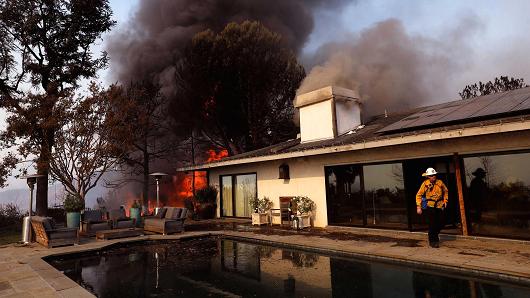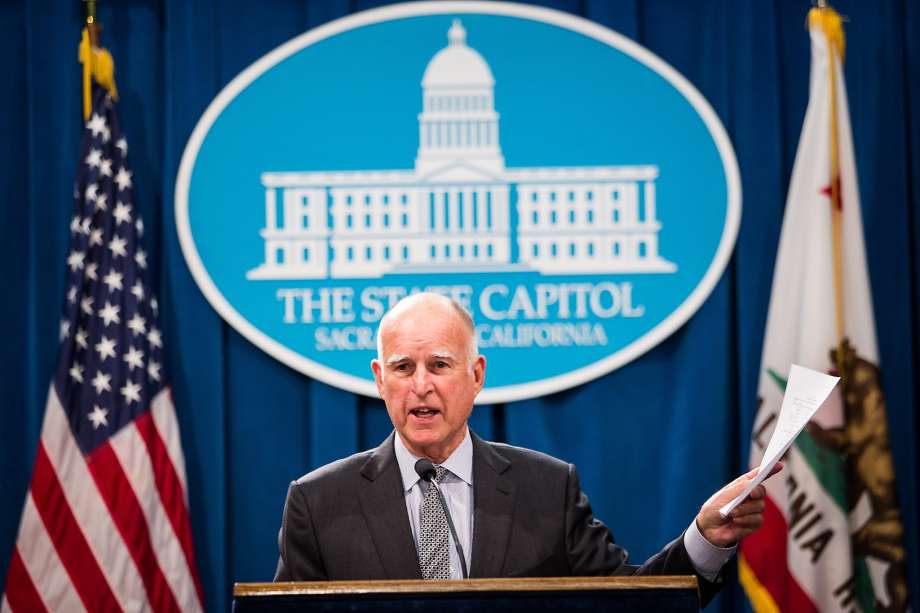-

8 Steps You Can Take To Maximize Your Insurance Claim
Continue Reading: 8 Steps You Can Take To Maximize Your Insurance ClaimNo one ever wants to think about the possibility of water or fire damage, but the fact is that it can happen at any time. And when they do, it’s important to be prepared. One of the most important things you can do is make sure you have insurance. But […]
-

California fires won’t raise insurance rates in 2018
Continue Reading: California fires won’t raise insurance rates in 2018With October’s massive wine country wildfires and current monster blazes sweeping Southern California, this year will go down in the record books as one of the most devastating fire seasons ever for insurance losses. A spokesman for the state’s insurance regulator said Thursday that year-to-date losses from the state’s […]
-

California Approves Public Adjuster Reform Bill
Continue Reading: California Approves Public Adjuster Reform BillCalifornia Gov. Jerry Brown has signed a bill that establishes fair practices standards for public insurance adjusters and enhances consumer protections. Senate Bill 488, authored by state Sen. Marty Block, D-San Diego, and sponsored by Insurance Commissioner Dave Jones, was signed into law on Thursday. After filing a claim, homeowners […]
